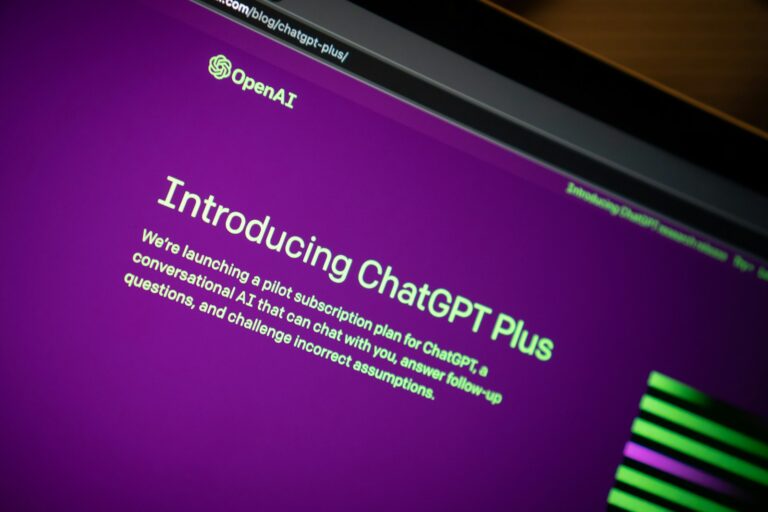According to a complaint, Microsoft has turned OpenAI into a “closed-source de facto subsidiary.”
Elon Musk, one of the co-founders of OpenAI, files a lawsuit against the organisation, his fellow co-founders, connected businesses, and other individuals who remain unnamed. It is his contention that they are breaking OpenAI’s position as a non-profit organisation and its core contractual obligations to build artificial intelligence “for the benefit of humanity” by pursuing profits when they are doing so.
Microsoft has made an investment of $13 billion and currently maintains a 49 percent ownership in OpenAI, according to the lawsuit, which claims that OpenAI has become a “closed-source de facto subsidiary” of Microsoft. Microsoft’s generative artificial intelligence products, such as Copilot, are powered by OpenAI technology.
The petition states that OpenAI is purportedly developing and improving an artificial general intelligence (AGI) “to maximise profits for Microsoft, rather than for the benefit of humanity.” This is according to the present board of directors of OpenAI. It was a blatant violation of the Founding Agreement that this occurred.
The artificial general intelligence (AGI) described in the suit is “a machine having intelligence for a wide variety of tasks like a human.” In the lawsuit, Musk makes the argument that GPT-4, which is allegedly “better at reasoning than average humans,” is almost identical to artificial general intelligence (AGI) and is “a de facto Microsoft proprietary algorithm.”
Concerns about artificial general intelligence have been voiced by Musk for a long time. According to him, the hypothetical technology poses “a grave threat to humanity,” particularly “in the hands of a closed, for-profit company like Google.”
The filing states that OpenAI CEO Sam Altman and fellow co-founder Greg Brockman convinced Musk to assist them in establishing the non-profit organisation and to provide funding for its early operations. This was done in an effort to compete with Google’s accomplishments in the artificial general intelligence (AGI) sector with DeepMind. According to him, the initial agreement between them said that OpenAI’s technology would be “freely available” to the general public. Between the years 2016 and 2020, Musk is said to have contributed a total of $44 million to the charitable organisation (he resigned from his position on the OpenAI board in 2018). As reported by TechCrunch, Musk has stated in the past that he was presented with an opportunity to acquire a stake in OpenAI’s for-profit company, but he declined the offer due to “a principled stand.”
Not surprisingly, Muskl has a stake in the outcome of the game. Since the launch of OpenAI’s ChatGPT to the general public in November 2022, there has been a competition between the most prominent technology companies to provide the most advanced generative artificial intelligence technologies. A year ago, Musk became a participant in this competition when his artificial intelligence startup, xAI, introduced Grok, a competitor to ChatGPT, to Premium+ customers on his X social network.
Altman is alleged to have recruited a new group of directors that is less technically inclined and more focused on business when he promptly returned to power after OpenAI’s board made the surprising decision to remove him in November. As a non-voting observer, Microsoft was selected to the delegation. The lawsuit asserts that the new board was comprised of individuals who had more expertise in profit-oriented businesses or politics than they did in the field of artificial intelligence ethics and governance.
A violation of contract, a breach of fiduciary duty, and unfair business practices are the allegations that are made against the defendants in the lawsuit. Musk is seeking a jury trial and a verdict that will compel OpenAI to continue operating in accordance with its original aim of serving the public good. Additionally, he asks that it be prohibited from making money off of the technology that it built as a non-profit organisation for the benefit of the leadership of OpenAI as well as Microsoft and other partners.
According to reports, competition regulators in the United States of America, the United Kingdom, and the European Union are looking into OpenAI’s cooperation with Microsoft. This week, it was announced that the Securities and Exchange Commission is conducting an investigation into whether or not OpenAI committed fraud against investors. In addition, a number of news organisations have filed lawsuits against OpenAI and Microsoft, arguing that ChatGPT repurposes their material “verbatim or nearly verbatim” without providing proper attribution, so violating their copyright.
The lawsuit that Musk has filed is something that OpenAI “categorically disagrees” with, according to a pair of internal memos that Bloomberg was able to get. The Chief Strategy Officer, Jason Kwon, refuted the notion that OpenAI had turned into a “de facto subsidiary” of Microsoft. He also stated that Musk’s assertions “may stem from [his]regrets about not being involved with the company today.” Another note that Altman wrote stated that Musk is his hero and that he misses the person he knew who competed with others by developing better technologies. Altman also stated that he misses Musk.

